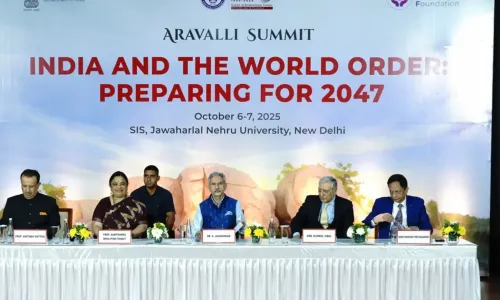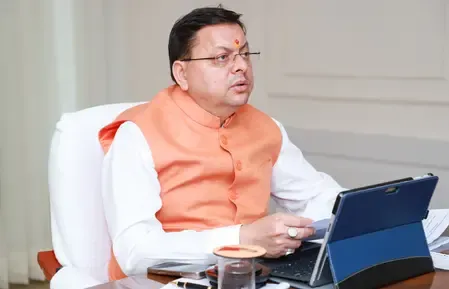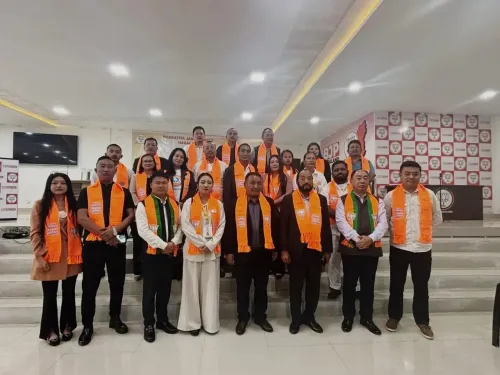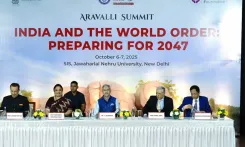Why are Madras HC judges inspecting a proposed steel wire rope fencing site to avert human-elephant conflict?
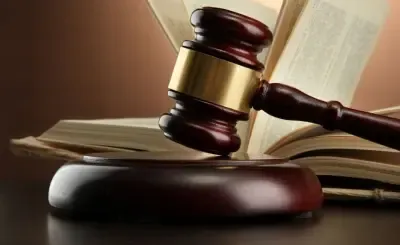
Synopsis
Key Takeaways
- Judicial Inspection: Madras HC judges to personally evaluate the fencing proposal.
- Human-Elephant Conflicts: Rising incidents highlight the urgency of effective management.
- Controversial Proposal: Activists raise concerns about the fencing's impact on wildlife.
- Statistical Evidence: Significant human fatalities prompt the need for intervention.
- Regional Analysis: Inspections crucial for informed decision-making in conflict zones.
Chennai, Aug 19 (NationPress) In a significant development highlighting the escalating Human-Elephant Conflicts (HEC) in Tamil Nadu, two judges from the Madras High Court are set to conduct a direct inspection of a 10-kilometre stretch in Thondamuthur, located in Coimbatore district. This area has been identified for the installation of steel wire rope fencing by the state government.
On September 5 and 6, Justices N. Sathish Kumar and D. Bharatha Chakravarthy will visit the site accompanied by amici curiae T. Mohan, Chevanan Mohan, Rahul Balaji, and M. Santhanaraman. Additionally, they will explore other locations within the Mettupalayam region, which is noted for frequent elephant activity.
The Special Government Pleader for Forests, T. Seenivasan, has been instructed to coordinate the visit with local forest officials.
This proposal has sparked controversy following objections from activist S. Muralidharan, while the Forest Department stands firm in its support of the initiative.
Rakesh Kumar Dogra, the Principal Chief Conservator of Forests and Chief Wildlife Warden, informed the court that while the original vision was to cover 30 km with fencing, only 10 km received financial clearance.
He presented alarming statistics: between 2011 and 2022, 147 individuals lost their lives in elephant-related incidents in the Coimbatore forest division, with elephants straying into human territories 9,710 times over the last three years. The government has disbursed Rs 11.35 crore in compensation during this period.
Dogra also noted that traditional solutions such as elephant-proof trenches and solar fencing have not effectively deterred elephants from invading farmland and homes.
As a pilot initiative, Chief Minister M.K. Stalin announced the rope fencing project in November 2024, with a government order sanctioning Rs 5 crore issued in February 2025.
However, the amici curiae have raised concerns that the fencing could exacerbate the conflict. They highlighted that the steep terrain directly borders private property without a buffer zone.
They argued that obstructing this stretch would force elephants to precariously navigate slopes or try to breach the fence, raising the danger of fatalities.
Moreover, they cautioned that restricting elephant access to surrounding forests might merely shift conflicts to other areas.
The legal experts recommended that the government delay the project until scientifically identifying and designating elephant corridors in the region. They emphasized the necessity for an impact study before installing fencing in such ecologically sensitive areas.
The division bench acknowledged the differing opinions and concluded that an on-site evaluation was crucial.
The judges stated they would carry out the visit with forest officials and amici curiae to directly evaluate the project's viability prior to making further decisions.

